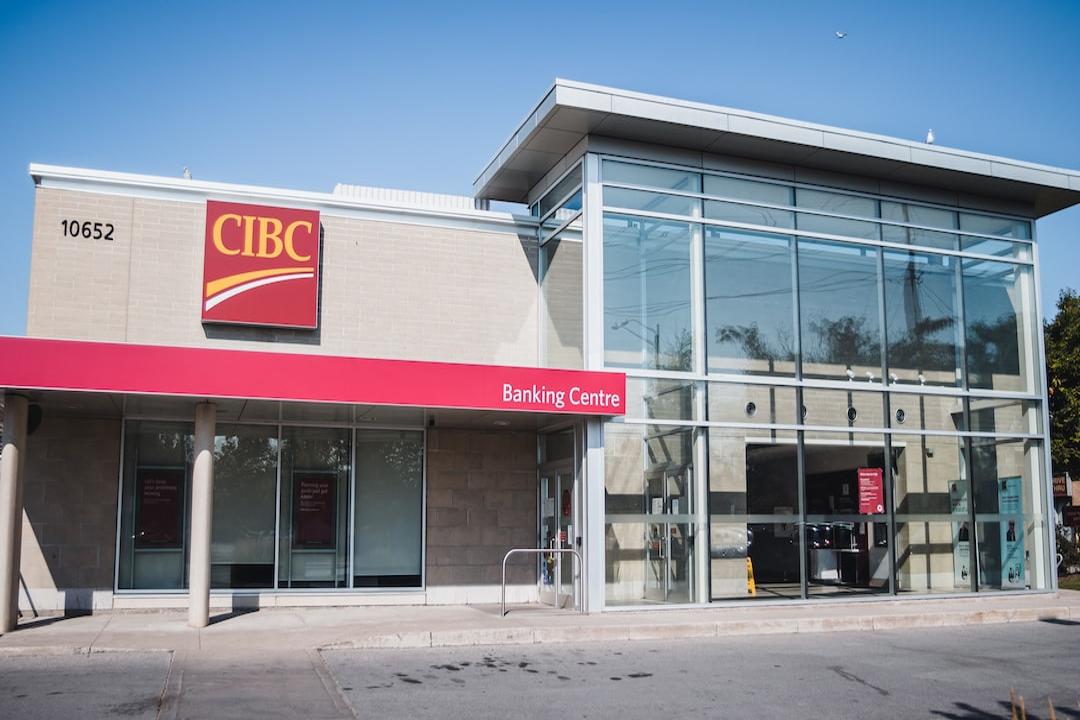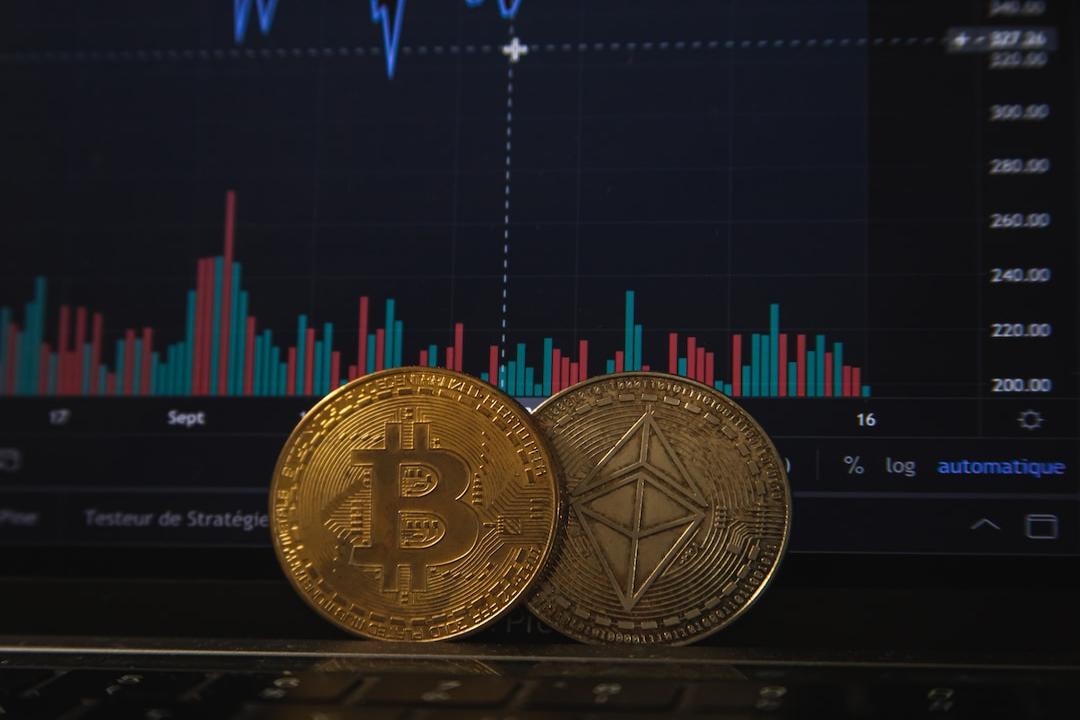Buying a house is often the largest financial expenditure in many people’s lives. Sometimes, it is not just about investment considerations, but also includes the need for self-occupation. Overall, buying a house is one of the most mainstream investment methods today. In other words, buying a house is like an exit strategy, and the goal of investing and making money is often to buy property.
As a newly emerging asset in recent years, how does buying a house compare to buying cryptocurrency in terms of investment?
This article will compare buying a house and buying cryptocurrency from the perspectives of historical fluctuations, tool characteristics, and risks. It will compare the characteristics and advantages and disadvantages of each. If you happen to be curious about these two investment methods or are deciding which market to invest your funds in, this article is for you.
Buying a house vs buying cryptocurrency, who earns more? Five-year comparison of price fluctuations

When comparing buying a house and buying cryptocurrency, it is not specific to a particular region or currency. It does not compare too far in the past and the time frame is within the past five years.
The housing price data is based on the Ministry of the Interior’s housing price index, covering the entire Taiwan region. Since the latest data is only available until 2023 Q4, the five-year period is from 2018 Q4 to 2023 Q4.
The cryptocurrency data is based on the total market capitalization of cryptocurrencies. Comparing market capitalization with price is not very accurate, but there is currently no cryptocurrency index available. If only comparing the price of Bitcoin, it would be too specific. The overall market capitalization has some reference value, but it has a slightly magnifying effect. When reading the data, some adjustments need to be made.
The fluctuations between the two are extremely different, and they will be compressed and difficult to distinguish on a general chart. Using a logarithmic scale can better show the trend.
At first glance, the performance of buying cryptocurrency seems to far exceed that of buying a house. However, there are many detailed differences. For example, buying a house usually involves leverage (mortgage), and this is overall data. The individual differences are huge, such as the region or property for buying a house, the currency and asset security issues for buying cryptocurrency, and so on.
Setting aside individual differences, let’s directly compare the two most important numbers:
Maximum increase during the period: Buying a house +35.52% / Buying cryptocurrency +1796.27%
Maximum decrease during the period: Buying a house, none, the index has risen every quarter / Buying cryptocurrency -64.4%
But once again, it is worth noting that the cryptocurrency data used here is not the price but the market capitalization. Relative to the price, market capitalization is influenced by the issuance and circulation, so it will slightly amplify the increase and reduce the decrease. Bitcoin’s maximum increase during the same period is +1775%, and the maximum decrease is -76%. The cryptocurrency data mentioned above should be taken with some adjustments.
Investing in buying a house | Relatively stable and can use leverage
Although only looking at the maximum increase, buying a house seems to be much worse than buying cryptocurrency, but the fluctuation of housing prices is much smaller than that of cryptocurrency. In the past five years, the maximum collapse of cryptocurrency market value exceeded 60%, and the price of Bitcoin fell more than 70%. On the other hand, the Ministry of the Interior’s housing price index covers the entire Taiwan region, and it has not fallen in any quarter. All six municipalities have an upward trend, with very few decreases and small amplitudes.

In terms of stability, buying a house > buying cryptocurrency.
Buying a house usually requires a portion of self-funded down payment and the rest is financed. The loan-to-value ratio depends on factors such as the location of the property, the condition of the house, and the credit status of the applicant. In general, the self-funded down payment ratio is between 20% and 30%. In other words, buying a house usually involves a financial operation with leverage of 3.3 to 5 times. Mortgage loans can be said to be the cheapest among all funds. Mortgage interest rates are the lowest, which means that mortgages are the lowest-cost leverage tool.
As mentioned earlier, if evaluating investment performance based on housing price fluctuations, it is necessary to multiply it by 3.3 to 5, because usually the purchase of a house is not fully self-funded, but rather buying a house with a loan = using leverage.
Mortgage loans are the lowest-cost leverage tool, and some people use mortgage loans for investment. For example, only paying the interest on the mortgage without repaying the principal to reduce the repayment amount, and using the increased value of the house to apply for additional loans for investment.

### In terms of leverage cost, buying a house > buying cryptocurrency.
The so-called leverage cost refers to the interest rate on funds. Since leverage is borrowing money for investment, interest must be paid on the borrowed money. The main leverage cost is the cost of funds, i.e., what is the interest rate for borrowing this money?
Currently, mortgage interest rates are around 2-2.5%, general credit interest rates are 3-15%, and stockbroker margin loan interest rates are 6-7%.
Buying cryptocurrency | Lower threshold, higher potential returns, better liquidity
Usually, buying a house is done on a per-unit basis, with the price of one house ranging from hundreds of thousands to tens of millions. The unit of one transaction is one house, unless it is a joint venture for special circumstances. Buying a house at once involves hundreds of thousands to tens of millions, calculated based on a self-funded down payment ratio of 20%, which is also in the million-dollar range. At least two to three million needs to be prepared.
Buying cryptocurrency is different. Although the price of one Bitcoin is currently around two million Taiwanese dollars, the basic trading unit of cryptocurrency is not one Bitcoin. The smallest unit of Bitcoin is one satoshi, which is one hundred millionth. Most cryptocurrencies can also be divided into one hundred millionth or even smaller units, similar to Bitcoin.
One Bitcoin at two million Taiwanese dollars may not be affordable, but one satoshi Bitcoin is only 0.02 = 2 cents in Taiwanese dollars. However, most exchanges have a minimum trading amount restriction and cannot buy just one satoshi at a time. The minimum trading amount is usually between 5-10 U, equivalent to about 150-300 Taiwan dollars. We need two to three million to buy a house, but we can start buying cryptocurrency with just a few hundred dollars.
In terms of capital threshold, buying cryptocurrency > buying a house.
As a new asset, cryptocurrency has a very high price increase potential. Bitcoin is the most well-known cryptocurrency, and many people who have not yet come into contact with cryptocurrency think that Bitcoin’s volatility is too high. But compared to other cryptocurrencies, Bitcoin is considered a relatively stable asset.

This is a chart of the price trends of the top five cryptocurrencies on TradingView from December 31, 2018, to December 31, 2023. It can be seen that Bitcoin is relatively stable among them. This is not an unknown high-risk small coin, but the top five cryptocurrencies by market capitalization (excluding stablecoins) with hundreds to thousands of percentage increase in five years and a maximum increase of over 10,000%.
In terms of potential return rate and price explosiveness, buying cryptocurrency > buying a house.
However, from the chart, we can also see that during the same period, housing prices in Taiwan have steadily risen, with few decreases and small amplitudes, while cryptocurrency is a different world. Although it has amazing explosiveness, its volatility is also amazing, with ups and downs and not small decreases.
This is the part mentioned earlier: Buying a house is relatively more stable than buying cryptocurrency, and buying cryptocurrency has higher volatility compared to buying a house.
Liquidity is a financial term that evaluates the ability to convert assets into cash without affecting the price. How quickly and without affecting the price can assets be sold and converted into cash? If it can be sold quickly without affecting the price, then we say it has good liquidity.
When buying and selling houses, because buying a house may be the largest financial expenditure in a person’s life, it usually does not act impulsively and needs to go through many processes and evaluations.
House transactions usually go through the following steps:
Publishing house selling information
Buyer visits the house
Buyer makes an offer and negotiates
Waiting for the bank’s loan evaluation and loan-to-value ratio
Signing the contract, applying for a mortgage, and completing the house handover process
The whole process takes at least a few weeks to a few months. If you don’t want to sell at a lower price, it may take even longer. If you want to liquidate faster, you may have to lower the price to some extent.
Although people often say that real estate retains value, real estate is not considered a highly liquid asset. When there is a need for liquidity, it takes time or sacrifices a little price to accelerate the process.
The cryptocurrency market operates 365 days a year, 24 hours a day for trading, and the trading is extremely active. Unless it is a large transaction involving tens of millions or more, if the scale is within a few million, it can almost be sold in a few seconds to a few minutes on mainstream exchanges without much discount.
What is obtained from selling is cryptocurrency, and it can be exchanged back into Taiwanese dollars and remitted to a Taiwanese bank account. Unless there are abnormalities in the account or the amount is too large in the short term, it usually takes 1-3 days to complete the process through Taiwanese withdrawal channels. If selling through overseas exchanges and remitting in USD to a foreign currency bank account, foreign currency remittance takes a little longer, about 3-5 days to complete.
In terms of liquidity, buying cryptocurrency > buying a house.
Buying a house vs buying cryptocurrency | Inflation resistance comparison
Inflation =Currency inflation typically refers to the rise in prices, which leads to a decrease in purchasing power. The concept of inflation resistance refers to investing money in assets that have a higher rate of return than the inflation rate, in order to maintain purchasing power and achieve inflation resistance.
In other words, if the majority of your assets are only held in a bank, in a trend of rising prices, they will depreciate in the long run.
The following image shows the trend of consumer prices in Taiwan during the same period (2018 Q4 – 2023 Q4). Over the course of five years, prices have increased by a total of 9.55%. Some people argue that buying property or buying cryptocurrency is an investment that can resist inflation. Looking at the performance of buying property and buying cryptocurrency in the past five years, their growth rates have indeed exceeded the increase in prices, thus achieving inflation resistance.
However, let’s take a look at this image that has been circulating on the internet:
[Insert Image]
While this image is not specifically about Taiwan, the situation in Taiwan is similar. Based solely on this image, we can draw a simple conclusion:
Compared to the rise in prices, housing prices will also increase, indicating that properties do indeed have a resistance to fiat currency inflation.
Compared to the rise in housing prices, cryptocurrencies have risen even more, not only resisting fiat currency inflation but also resisting inflation in housing prices.
Comparison of Risks in Buying Property vs Buying Cryptocurrency
The main risks to consider in investment are as follows:
Risk of losing assets: In the case of buying property, this could include being scammed and having the property transferred to a fraudulent group, or natural disasters and accidents causing damage to the property. For cryptocurrencies, the risks include falling victim to phishing or scams, or facing cybersecurity issues leading to the leakage of wallet private keys. While losing a property to fraudulent transfer requires multiple steps of being deceived, cryptocurrencies can be easily lost in just one or two steps. The probability of losing a property due to natural disasters or accidents is much lower than the risks of personal cybersecurity. In terms of the risk of losing assets, buying cryptocurrency carries a higher risk.
Risk of price decline: As we have seen from historical trends, the price volatility of cryptocurrencies is much higher than that of properties, with more frequent and larger declines. Therefore, the risk of price decline is higher in buying cryptocurrencies.
Liquidity risk: Cryptocurrencies have better liquidity compared to properties. It is much faster to convert cryptocurrencies into cash, while selling a property and liquidating it can take weeks or even months. Therefore, the liquidity risk is higher in buying property.
Risk of leverage extension: Leverage involves borrowing money. In the case of buying property, if one fails to repay the mortgage, the property will be auctioned by the bank. However, what if the proceeds from the auction are not enough to repay the debt? The bank will extend the investigation and confiscation to other assets. In other words, the risk will spread. Although properties are used as collateral for mortgages, if the collateral is insufficient, the risk will spread to other assets. Cryptocurrencies, on the other hand, do not carry the same risk. Aside from borrowing money to buy cryptocurrencies in the real world, leveraging with cryptocurrencies requires collateral and is subject to liquidation in case of any issues. After the liquidation, the risk ends, and at most, the collateral is lost. Therefore, the risk of leverage extending to other assets is higher in buying property.
Comparison of Passive Investment and Returns in Buying Property vs Buying Cryptocurrency
Passive investment has become popular in recent years as it is less influenced by personal biases compared to active investment. However, buying property is not easy to be passively invested in. Firstly, there is no readily available property price index for investment purposes. Secondly, it is difficult to create a real estate investment portfolio as a single property can cost millions or even tens of millions. How much capital is needed to play in the real estate investment market? Most people can only afford one to three properties, which is far from enough for a diversified passive investment to mitigate risks. Therefore, buying property is essentially an active investment.
While there is no cryptocurrency market index, there are tools available that offer similar functions, or one can create their own investment portfolio by including the top cryptocurrencies and major projects. This allows for the creation of a passive investment portfolio that closely resembles the market.
In terms of the feasibility of passive investment, buying cryptocurrency is more favorable than buying property.
Some people are not only seeking passive investment but also passive income. Both buying property and buying cryptocurrency offer opportunities for passive income. Buying property typically involves renting it out to generate rental income, while buying cryptocurrencies allows for operations such as staking to earn passive income.
In this aspect, both options have their advantages and disadvantages. Generating passive income from buying property requires management, such as finding and managing tenants and maintaining the property. It comes with certain management costs, but the advantage is that once rented out, a stable monthly passive income is obtained.
The simplest form of passive income in cryptocurrencies is staking, which usually requires minimal interaction with the contract. It does not require additional management costs, but the income is in the form of cryptocurrencies, which are subject to price volatility. Therefore, the passive income is not as stable.
Comparison of Pros and Cons of Buying Property vs Buying Cryptocurrency
[Insert Comparison Table]
Conclusion – Buying Property or Buying Cryptocurrency? It’s Not Just a Financial Decision
The article provides a comparison of buying property and buying cryptocurrency, but this is not just a financial decision; it is also a life choice. Buying property is not only influenced by investment considerations but also by the need for personal residence and maintaining a credit history when dealing with banks.
The choice of investment assets also affects how others perceive and understand you. When people know that you invest in real estate or cryptocurrency, their perception of you will change to some extent.
It also involves choices in lifestyle and pace. Dealing with the volatility of cryptocurrencies and keeping it from affecting your daily life requires a higher level of emotional resilience. However, you may enjoy this fast-paced lifestyle.
Furthermore, it involves evaluating the future and risks. As a physical asset, properties face risks that virtual assets do not, such as natural disasters and wars. In the face of these unique risks, cryptocurrencies offer a more portable and flexible asset choice.
In practice, buying property and buying cryptocurrency are not mutually exclusive; you can have both. By properly allocating assets, you can enjoy the advantages of both and avoid the disadvantages.
How to choose between buying property and buying cryptocurrency? It does not require making a choice; we can have both.
This article is a collaborative reprint from “每日幣研”.

